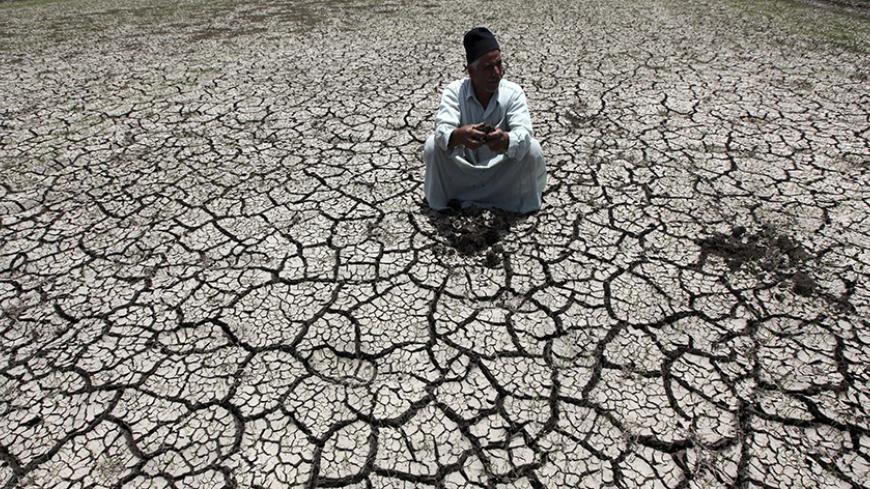Amidst the worst drought to hit the Horn of Africa in the past 100 years, the Egyptian Ministry of Water Resources and Irrigation declared a state of extreme emergency in early May to last until next August in preparation for the summer crop season. The ministry also launched extensive campaigns to eradicate and burn water-thirsty rice crops.
In villages, farmers intensified their demonstrations against agents from the Department of Agriculture and the Ministry of Water Resources, who sprayed incendiary compounds on rice crops planted in violation of the ministry's decision prohibiting the cultivation of rice, which it confined to an area of about 1 million acres in specific areas of the Nile Delta.



